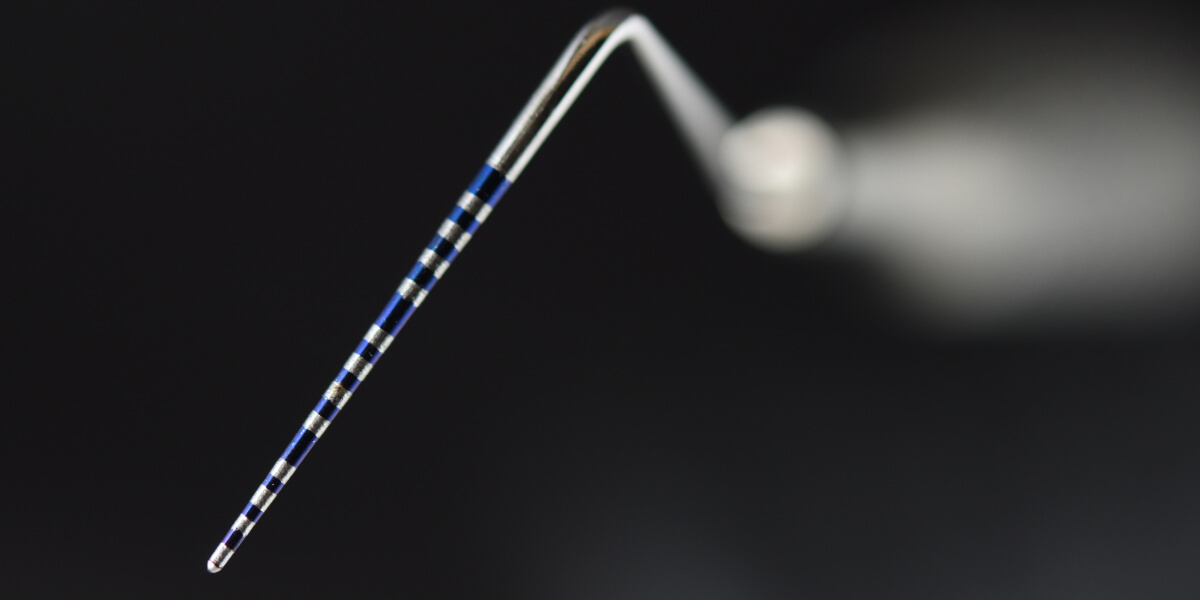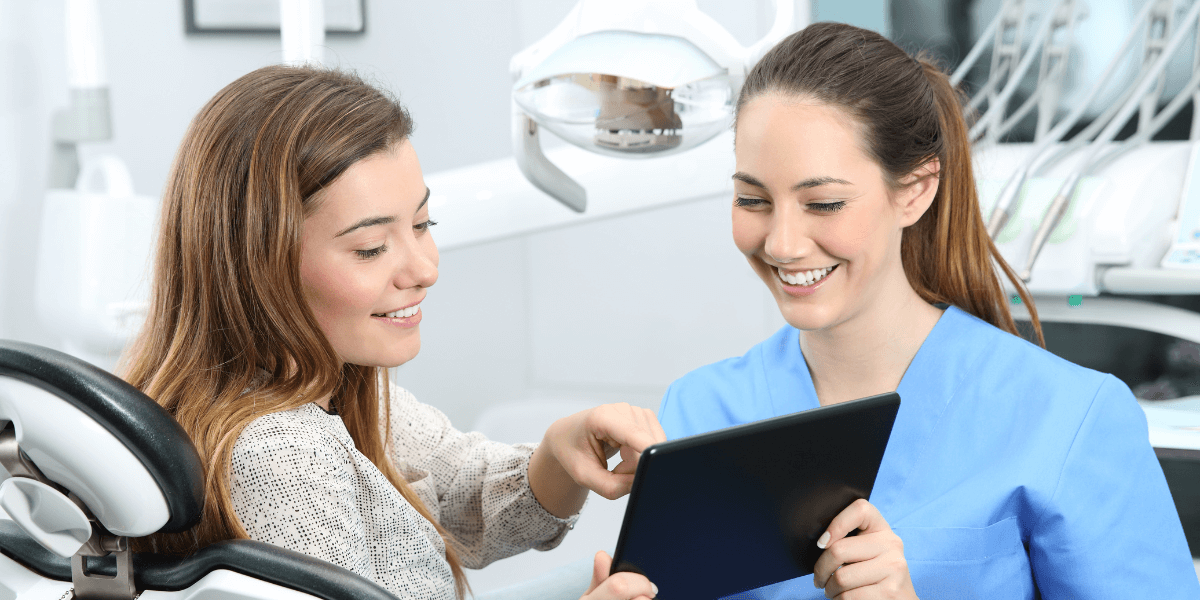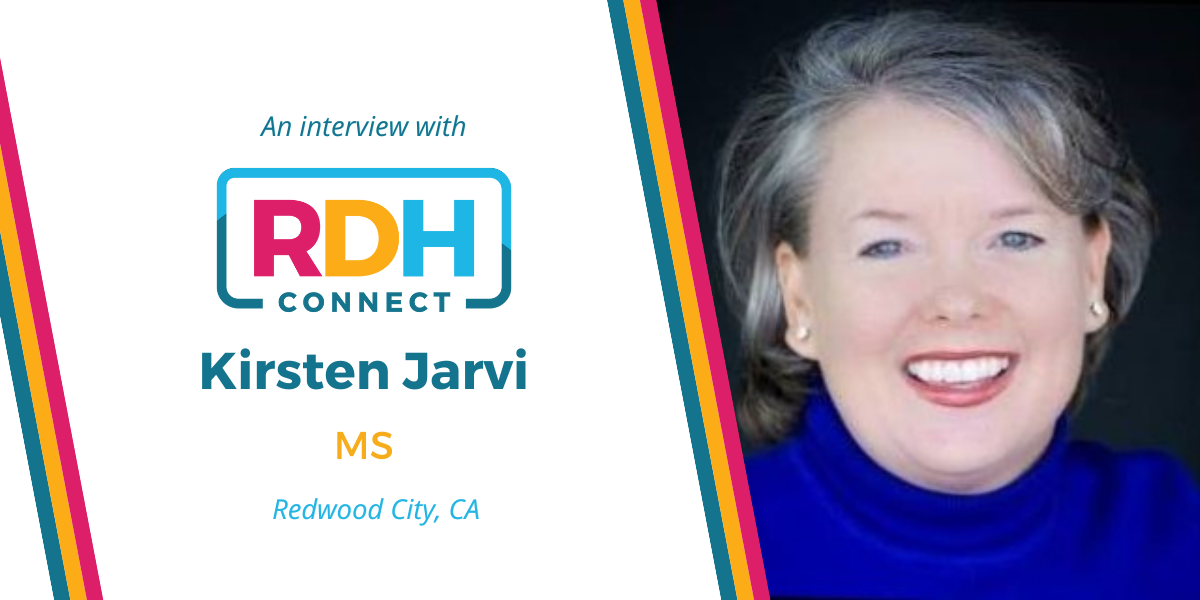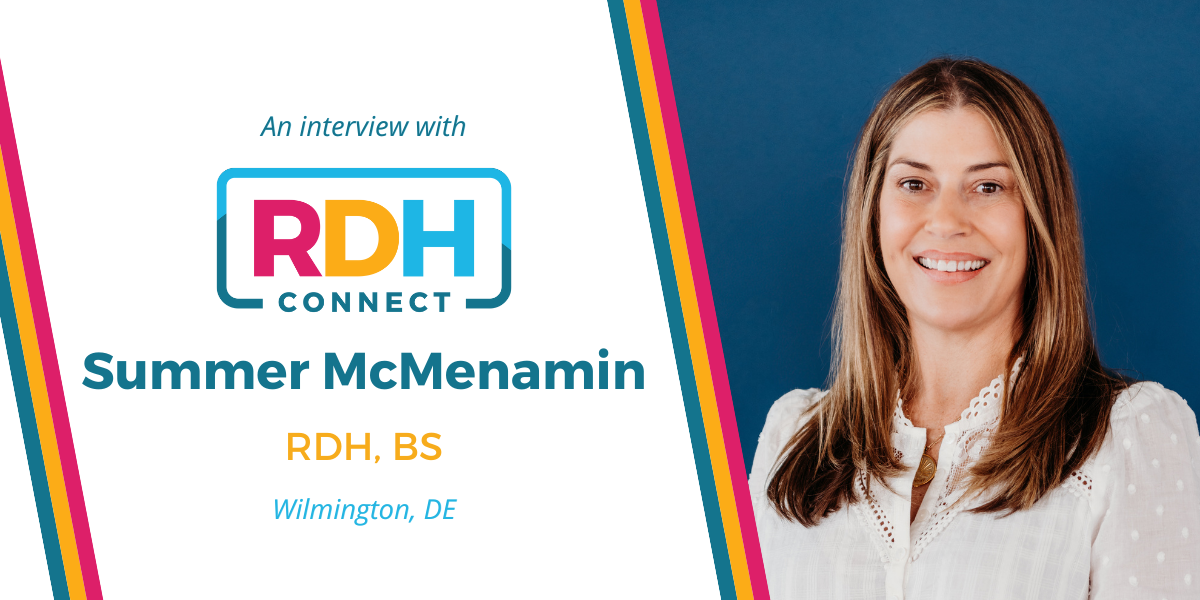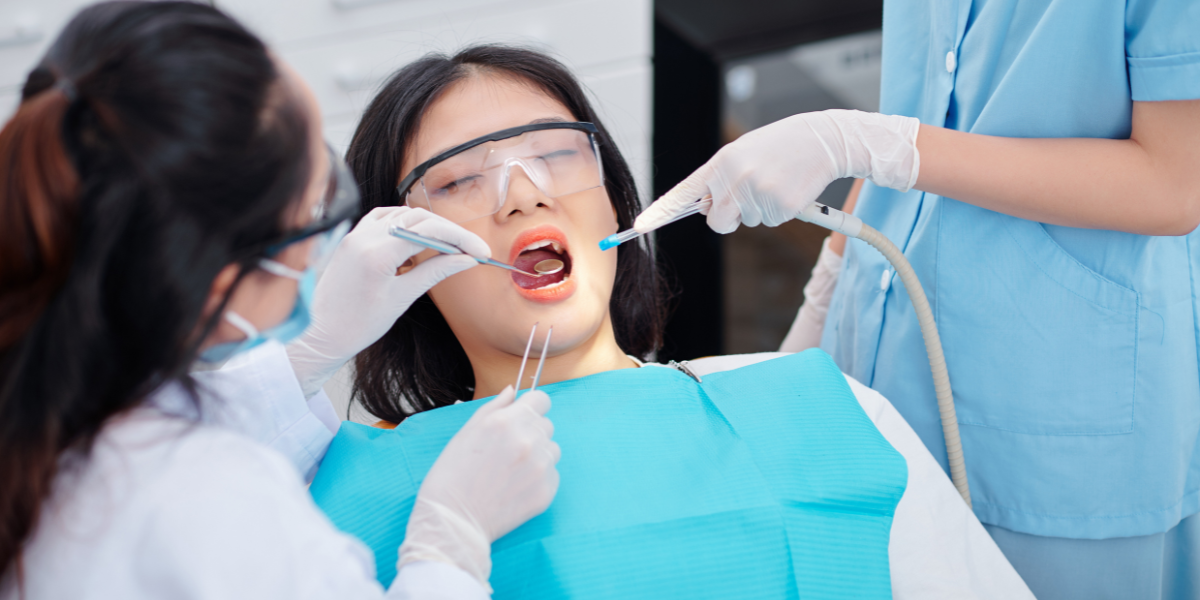The Intersection Between Bubble Wrap, Anxiety Relief, and Compassionate Care
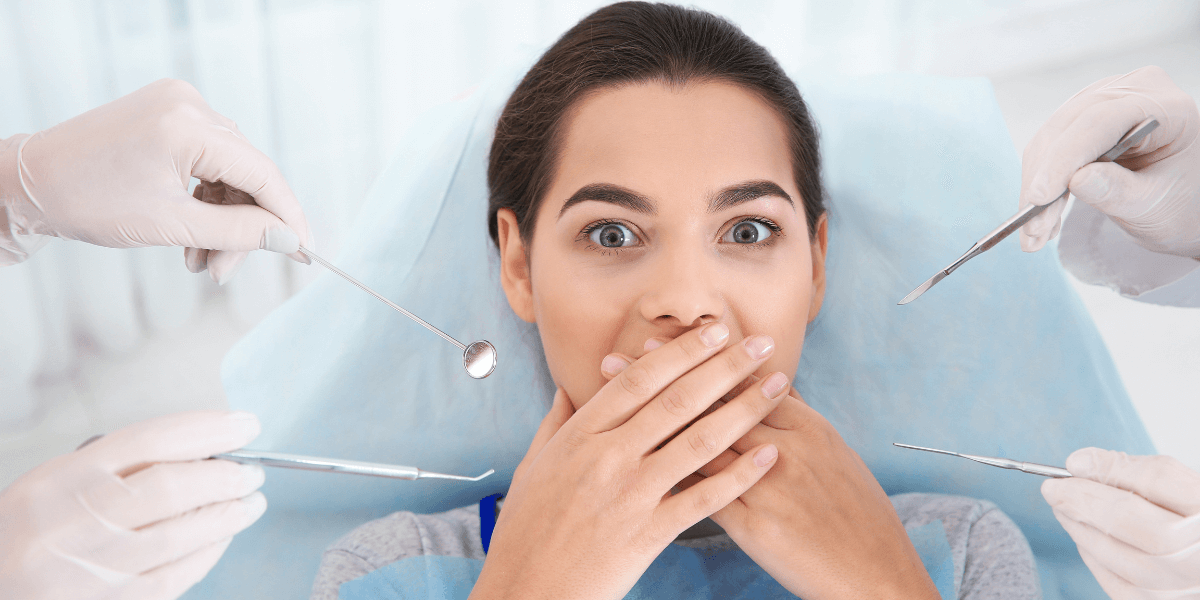
Integrating simple calming techniques, rooted in neuroscience, to patient care promotes improved oral health outcomes. By embracing an empathic, compassionate approach, providers enhance both physical and mental well-being for both patients and themselves.
Once you pop, you can’t stop!
In our fast-paced world, where stress and anxiety are constant companions, the surprising link between bubble wrap and mental well-being has gained my attention for patients and professionals. Let’s explore the science behind this connection and how it intertwines with the empathetic and compassionate care provided by dental hygienists, healthcare professionals, and care for our dental patients.
Bubble wrap, often seen as a source of amusement, has an unexpected therapeutic aspect rooted in neuroscience. The act of popping bubbles triggers a sensory response, releasing endorphins – the body’s natural mood enhancers. This simple activity can act as a stress reliever by promoting a sense of accomplishment and providing a momentary distraction from anxiety. According to the National Center for Biotechnology Information (NCBI) “popping sealed air-capsules (which helps) to reduce stress.” People who pop bubble wrap are generally proved to be less tired and can be energized because popping bubble wrap falls under the category of “meditative relaxation techniques.”[1]
Scientifically, the phenomenon can be explained by the concept of sensory stimulation. The tactile experience of popping bubble wrap engages the fingers and senses, diverting attention from stressors. The satisfaction of popping bubble wrap might trigger a response as rewarding as scaling calculus on the lower anterior teeth and watching it come off!
Now, transitioning to the healthcare realm, dental hygienists, as healthcare providers, understand the impact of stress and anxiety on overall health. Studies show that anxiety can exacerbate oral health issues. Anxiety can trigger symptoms such as canker sores, dry mouth and halitosis, burning mouth syndrome, bruxism, TMD, and other issues.[2]
The role of dental hygienists extends beyond cleaning teeth; our empathetic approach helps create a calming environment, positively influencing patients’ oral health outcomes. Studies show that mental health and oral health may be correlated with associations demonstrated between mental health problems and tooth loss, periodontal disease, and tooth decay.[3] When healthcare providers, including dental hygienists, express empathy, we promote improved patient satisfaction, better treatment adherence, and even positive physiological responses. The response from patients for this lies in the activation of brain regions associated with reward and stress regulation when individuals perceive empathy. The Jefferson Scale of Physician Empathy – Health Professionals (JSPE-HP) is a scale designed to specifically measure empathy. One scientific research report concluded that empathy in the clinical setting is closely associated with VT (vicarious trauma) among dentists. VT should be considered more comprehensively in future dental studies dealing with empathy and dentist–patient relationships.[4]
Compassion, an integral part of healthcare, has been explored in scientific literature for its impact on patient outcomes. Studies suggest compassionate care can lead to reduced pain perception, faster recovery times, and improved overall well-being. The neurological underpinnings involve the release of oxytocin, a hormone associated with social bonding and stress reduction.[5]
In conclusion, the seemingly whimsical association of bubble wrap with anxiety relief aligns with scientific principles of sensory stimulation and endorphin release. When we extend this understanding to healthcare providers, particularly dental hygienists, and recognize the scientific basis for empathy and compassion, it unveils a holistic approach to well-being. Integrating scientific insights into compassionate care reinforces the vital role of healthcare professionals in promoting both physical and mental health for patients and professionals.
Learn more about Hope Loyd by visiting her profile here or check out her Dental Fear Support Group for Patients and Professionals for help.
Register as an RDH Connect member to gain the connections, experience, & exposure necessary to grow your career.
- Dillon KM. Popping sealed air-capsules to reduce stress. Psychol Rep. 1992 Aug;71(1):243-6. doi: 10.2466/pr0.1992.71.1.243. PMID: 1529063.
- https://www.newmouth.com/oral-health/anxiety-depression/#:~:text=Anxiety%2520can%2520trigger%2520symptoms%2520that%2520affect%2520your%2520dental,%25
- https://adjc.journals.ekb.eg/article_216272.html
- Uziel N, Meyerson J, Giryes R, Eli I. Empathy in dental care the role of vicarious trauma. Int Dent J. 2019 Oct;69(5):348-353. Doi: 10.1111/idj.12487. Epub 2019 May 17. PMID: 31102260; PMCID: PMC9379059.
- Hellyer, P. Compassionate care = improved patient outcomes. Br Dent J 236, 49 (2024). https://doi.org/10.1038/s41415-024-6733-0

